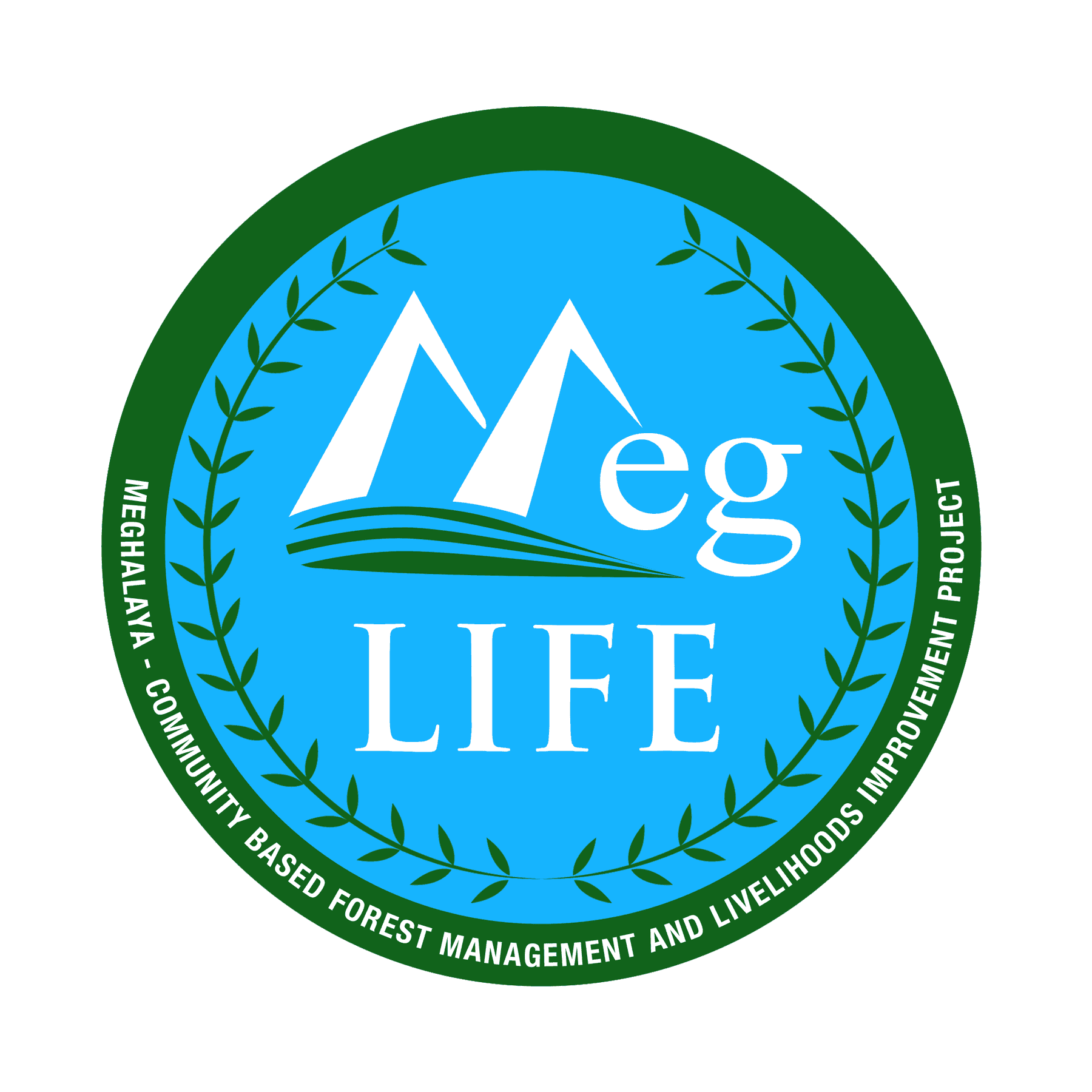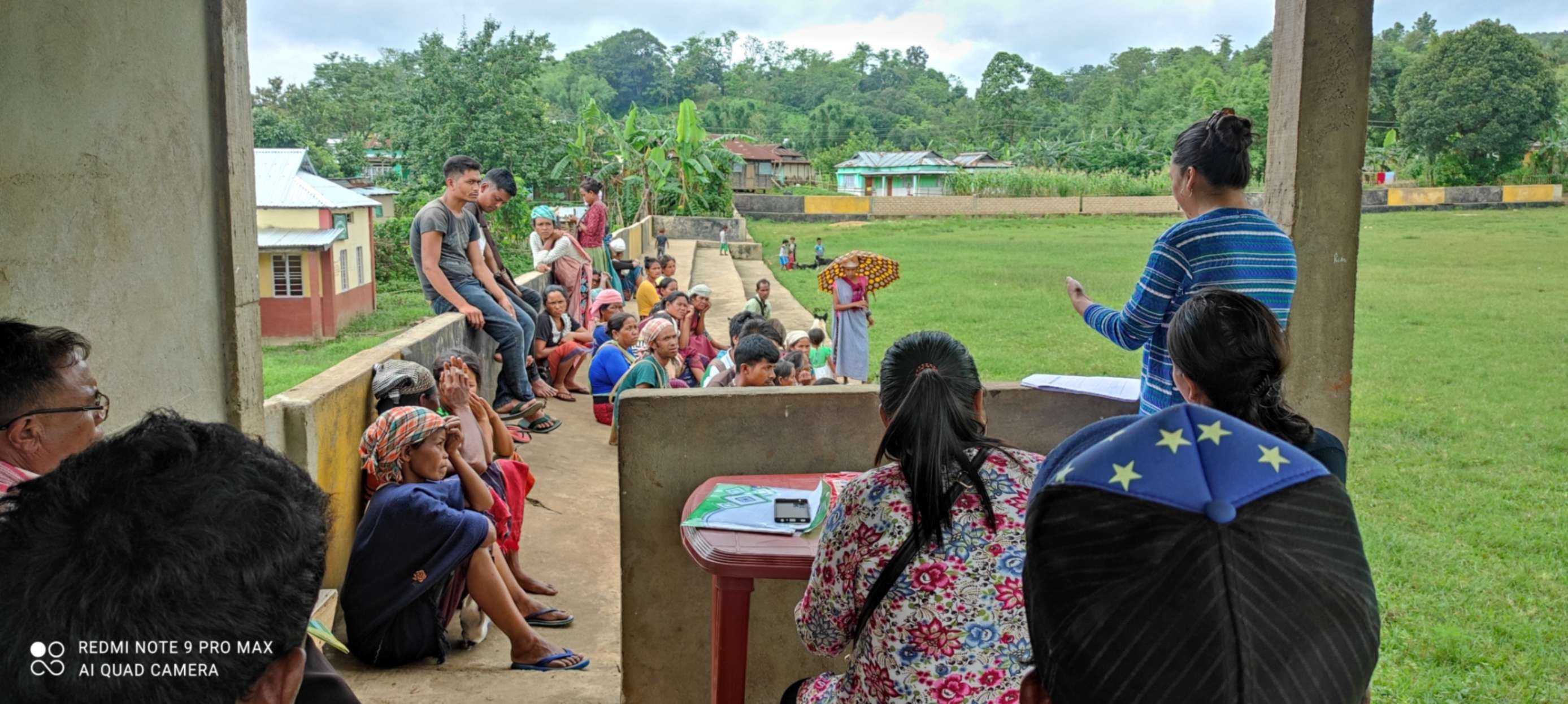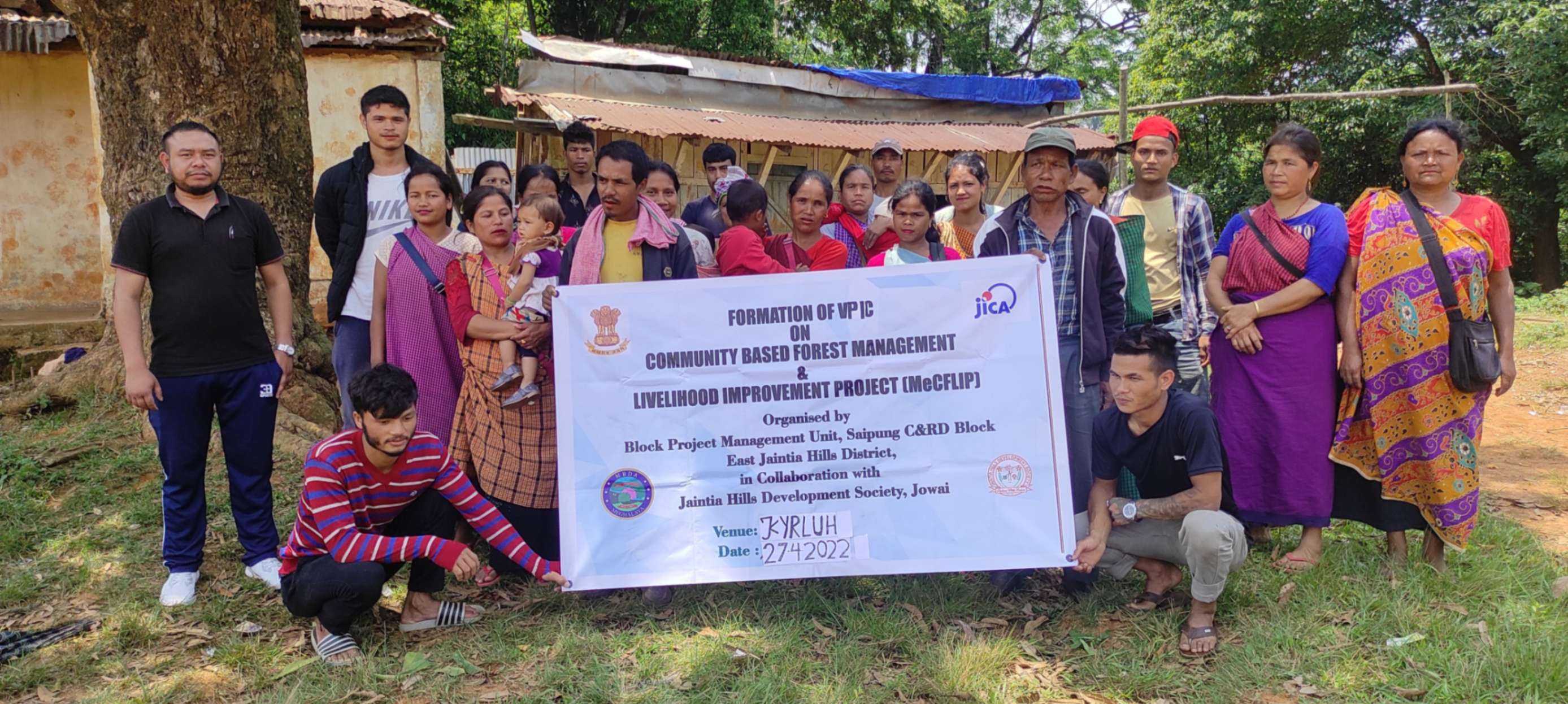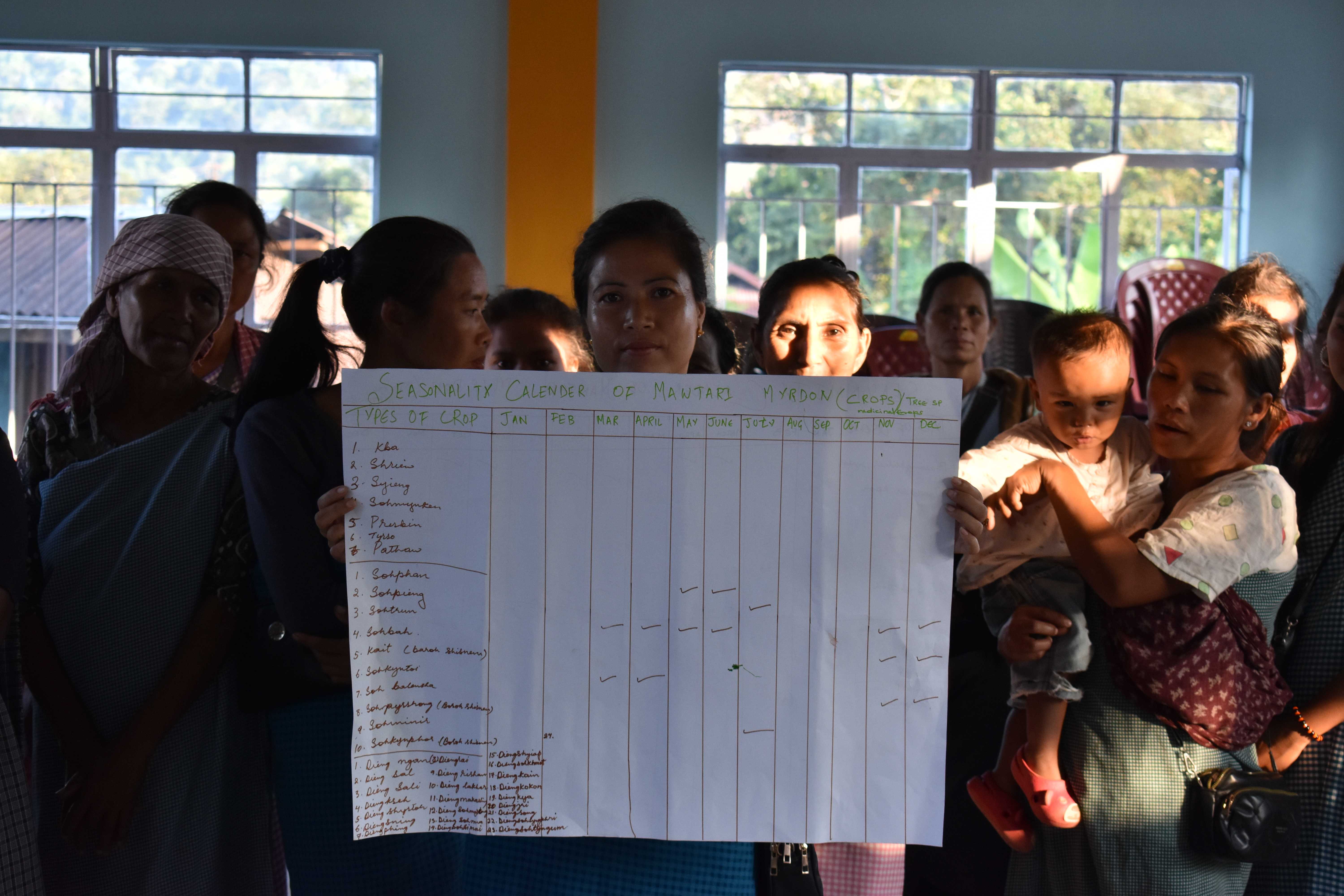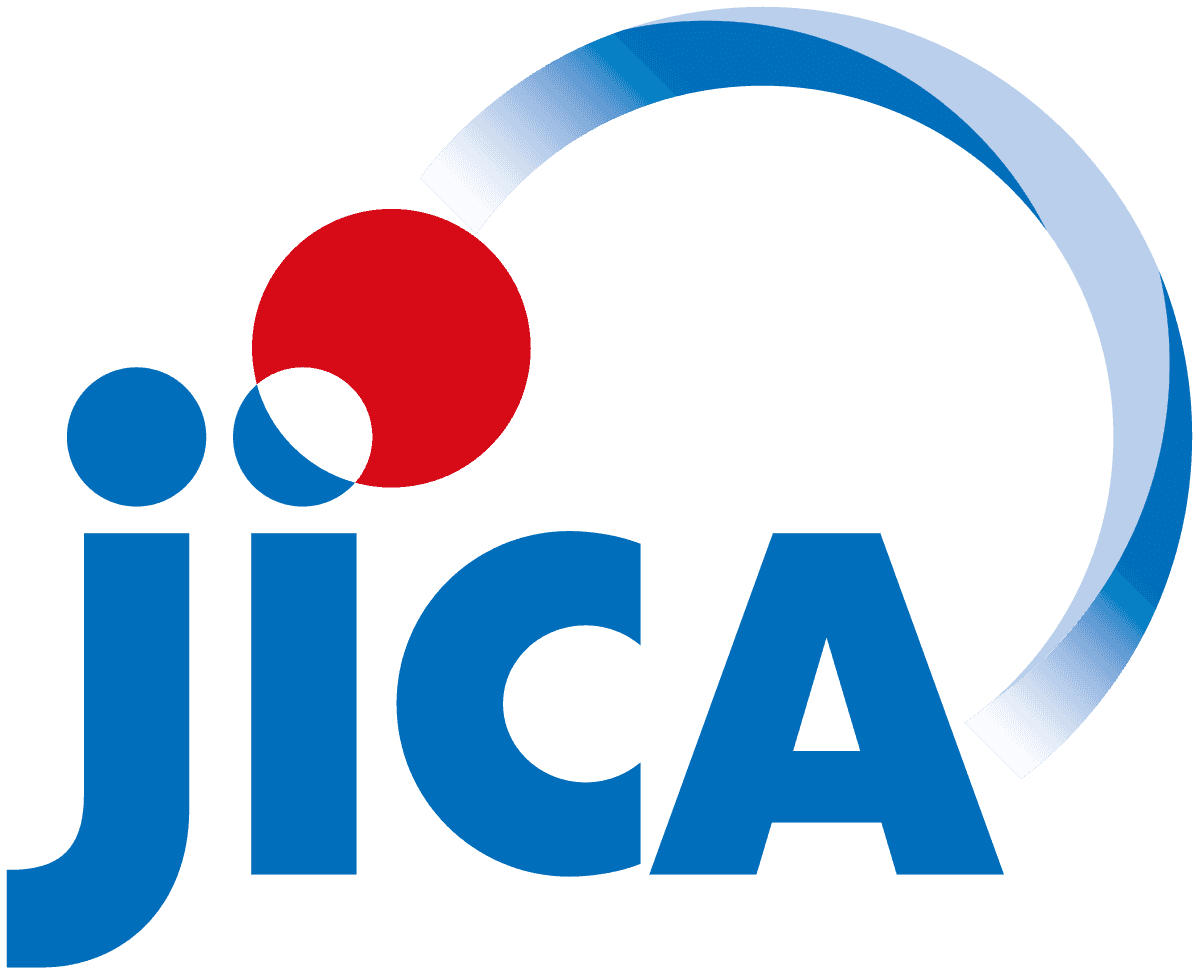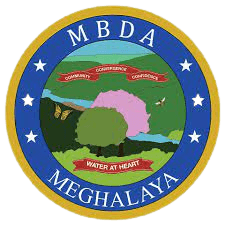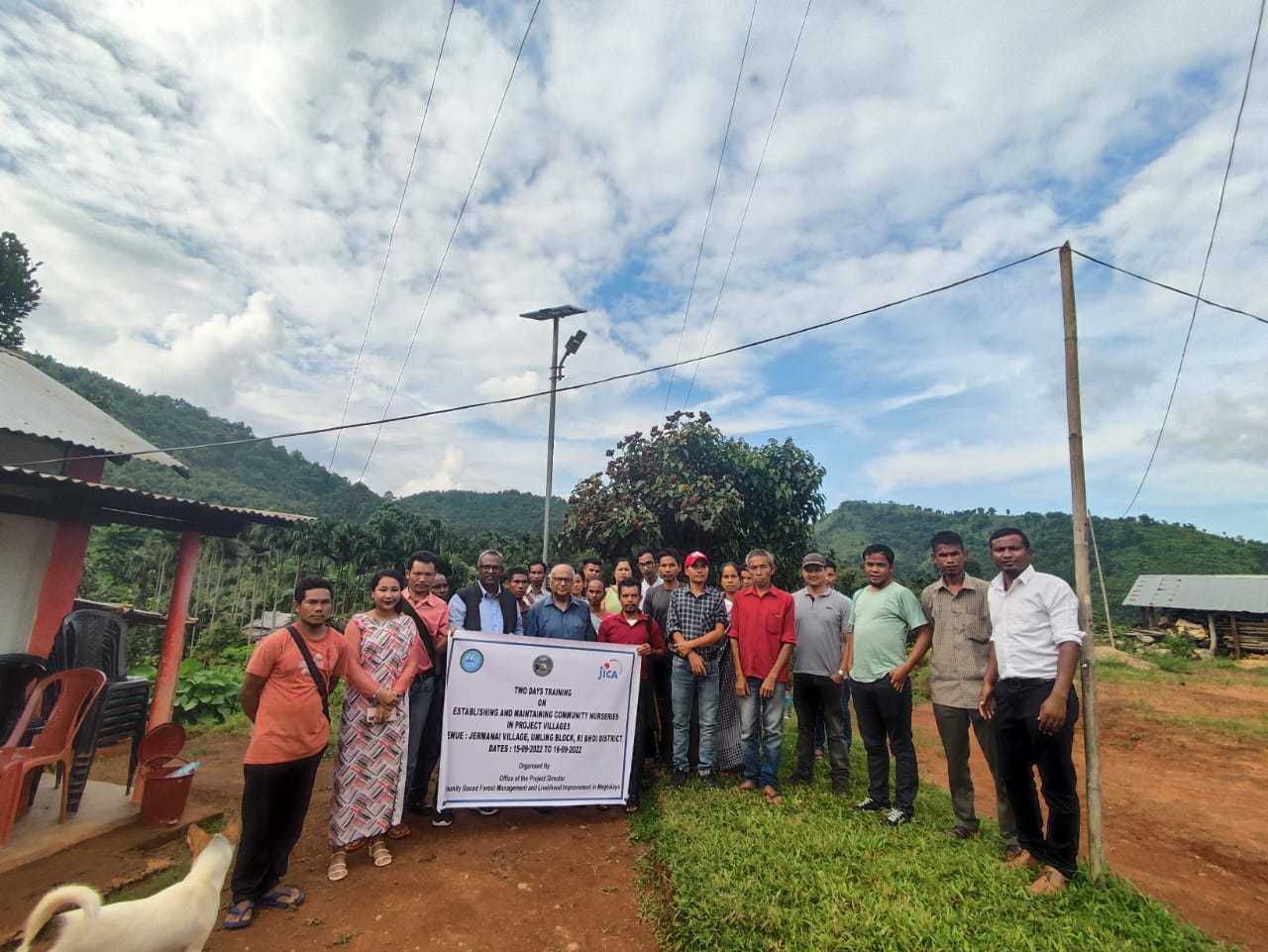
In the preparatory process of the Project, community mobilization and gender sensitization are the most important processes because these are essential for the success of the Project. In order to involve and motivate people in selected villages, specifically women and youths, in the activities of the Project, the Project will need to mobilize these people and sensitize them in terms of gender by breaking their stereotyped ideas on gender roles through village-based workshops
Trainings will be conducted at the district / block level with the resource persons from the Forest Department and at other traininginstitute.
The trainings will cover diverse subjects, including but not limited to: management of seed stands, nursery management, range management, forest protection, community mobilization and institutional development, fire protection all of which will be designed with a climate change lens.
Special emphasis of these capacity building initiatives will be on informing community (including women) about their forest-related rights, duties, entitlements and obligations and their roles in preparation and implementation of participatory, inclusive forest management plans (Forest Working Plans).
All VPIC members (forest owners and other stakeholders from the community) and range officials will be trained on the FWP planning process, basic forest management and group administration etc. to facilitate their informed participation in the FWP development process. The training will particularly focus of their orientation to the project components; VPIC formation, governance, and record keeping; techniques of Soil and Water Conservation, Range Management, Human Wild Life Conflict, spring management, fire protection management; Self-monitoring and evaluation of project activities, knowing and recording of impact of climate change on rural livelihood and adaptation strategies, management of maintenance fundsetc.
VEC members will be trained in livelihood promotion, SHG formulation, micro-finance, internal lending and financial inclusion, management of assets created out of and market linkages ad convergence with other state and central sponsored schemes on livelihood and supportactivities.
Members of Traditional Institutions will also be oriented on the project components to seek their cooperation on achieving convergence with other State and Centrally sponsored schemes.
The community facilitators will be trained on formation of VPICs and user-groups (SHGs), community mobilization and conflict resolution and tools of forest management besides project monitoring and reporting using GPS. These facilitators will be women to as far as possible. Women facilitators will be provided to (re)establish the group, build cohesion, ensure women occupy leadership roles in the executive committees, and provide leadership training towomen.
Trainings and community consultations with women will also be held to (i) enhance their awareness about womens forest-related entitlements and obligations and (ii) develop clarity on the rules for women engage in forest-related decision-making and to access and benefit from forest resources.
Forest custodians/ owners and forest promoters of forest based enterprises will be trained on various aspects of enterprise development and management, financial management, market development, financial planningetc.
State, national and international exposure visits will be organized for experience sharing cross learning of best practices on various aspects of project management.
Resource Strengthening of PMUs and Implementing Agencies
The project management units at various levels and implementing agencies will be strengthened through provision of hardware and software, professional staffing and technology up gradation in order to improve their efficiency and effectiveness on delivery of their respective roles and responsibilities.
Social and Environment Framework
JICA guidelines in management of social and environmental risk will be followed under the project. Significant adverse environmental and social impacts such as land acquisition, resettlement, which require EIA clearance are not anticipated from the Project intervention. The Environmental and Social Management System for the Project
